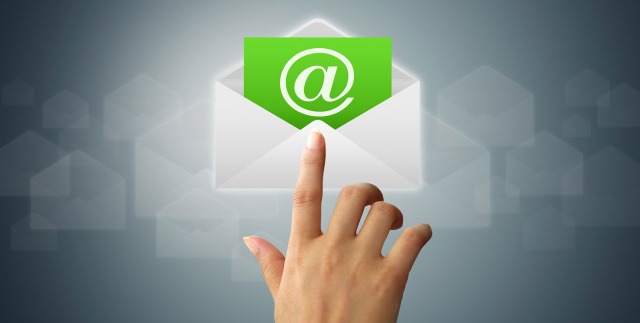

Email marketing can be an integral part of your content marketing plan, or it can be a total bust. While it has the power to generate leads and build relationships, that power will go untapped unless people actually open and act on your emails in the first place.
Statistics for email open and click-through rates can be pretty daunting. Marketing Profs reports a B2B open rate of under 20 percent and a click-through rate of about 5 percent. B2C emails share a similar fate.
Increasing those dismal statistics means paying acute attention to two key aspects of your all your email marketing. These aspects are:
- When and how often to send out emails
- Creating an effective email message
When and How Often
There’s no magic formula that dictates what frequency of email will be most effective, although more than once a week is usually overkill. Marketo’s rule of thumb is if you think you’re sending out too many emails, you probably are.
When it comes to the best time of day to send out emails, you still don’t get a magic formula, but Marketo does offer a few tips.
Good times to send email can include:
- The specific time someone had signed up for your email list or subscribed to your digital magazine. If the person was online to sign up or subscribe, there’s a good chance he or she will be online to receive and read your emails.
- First thing in the morning. Getting your emails at the top of someone’s inbox increases the likelihood he or she will see it when they login to start the day.
- Based on domain. People who sign up or subscribe to your site with a personal email domain may have different ideal times than those that sign up with a business email domain. Personal email addresses may work best with messages sent in early morning or late evening. Send emails to business addresses during business hours.
An Effective Message
Effective emails contain three essential elements. They are:
- Catchy subject line
- Compelling copy
- Solid call to action (CTA)
Catchy Subject Line
Put yourself in your recipients’ shoes to think of the type of subject line that might make them click. What kind of information and wording would intrigue them enough to check out the email content?
- Questions automatically make recipients stop for a moment to consider the answer.
- Top 5, top 10 and other lists can be a grabber.
- Conversational and creative subject lines may get a better response than overly formal and boring ones.
Compelling Copy
Like your subject line, the copy should be conversational and creative. The most effective email messages often address a pain point and then offer a solution. Marketing jargon is definitely out, while short and easy-to-scan messages are in.
Solid Call to Action
Your email’s call to action needs to outline exactly what you want the recipient to do, such as visit your website, order a subscription or any other activity. The most effective CTAs are set apart from your main text and the copy entices readers to act.
Another way to strengthen the effectiveness of your email marketing is to spot check on your own behaviors. When you go through the dozens, if not hundreds, of emails you receive each day, make a note of those you open, those you act on and those you automatically delete without even reading. Look for specific elements that led you to each action, and use the same positive techniques in your own email marketing campaigns.
